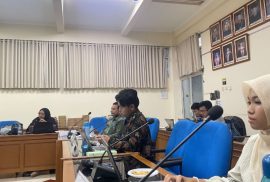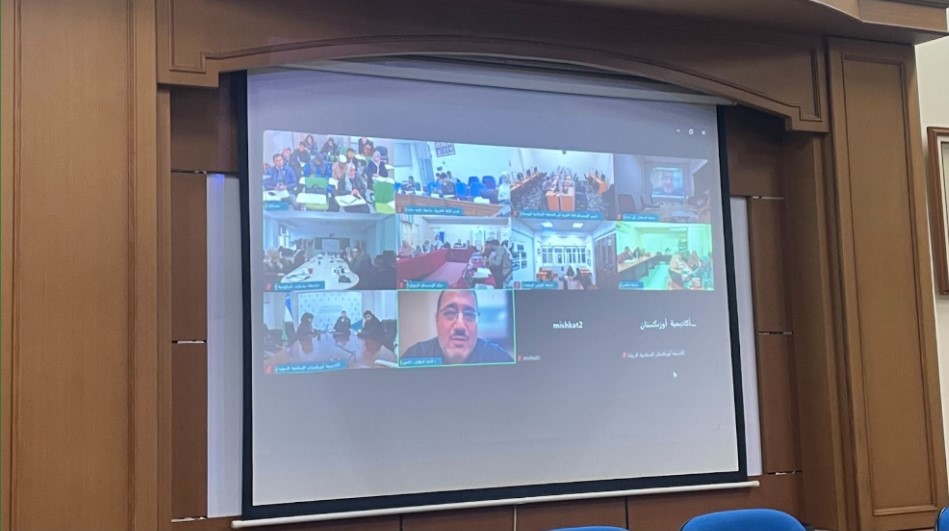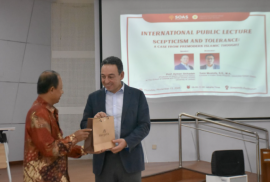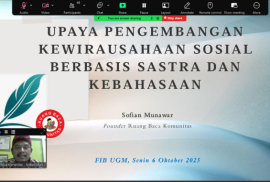Thursday, February 29, 2026 – ICESCO has reaffirmed its commitment to strengthening linguistic and educational policies by hosting an international forum titled “التخطيط اللغوي والتخطيط التربوية” (Language and Educational Planning). The event was held virtually via Zoom, drawing participants from across the globe.
The forum brought together a diverse group of academics, educators, researchers, and students from Indonesia, Morocco, Uzbekistan, and several other nations. It served as a collaborative platform to explore the nuances of language and educational strategy. During the session, keynote speaker Dr. Ahmed Al-Rahban shared profound insights into the symbiotic relationship between linguistic policy and formal education systems.
Language planning was highlighted not merely as a tool for preserving national and native languages, but as a cornerstone of sustainable educational strategies. The discussion underscored how linguistic policies directly influence curriculum development, teaching quality, and the formation of cultural identity in an increasingly globalized world. Through interactive dialogues, participants exchanged experiences and best practices tailored to the unique educational landscapes of their respective countries.
The virtual nature of the event facilitated a broad and inclusive cross-border exchange. Despite the digital format, the enthusiasm of the attendees was evident through the dynamic Q&A sessions and active discussions that took place throughout the program.
Through this initiative, ICESCO aims to spark strategic ideas and insights that contribute to the refinement of language and education policies worldwide. This forum is part of ICESCO’s ongoing efforts to bolster international cooperation in the fields of education, linguistics, and culture.
Author: Indana Zulfa Maulida







